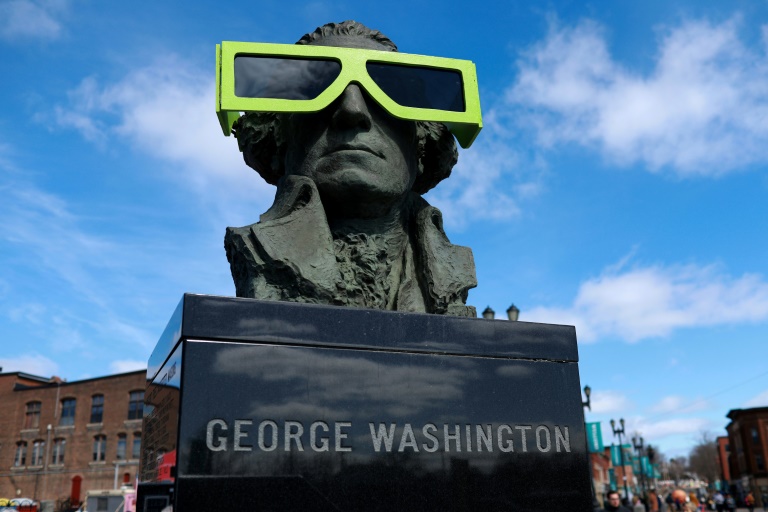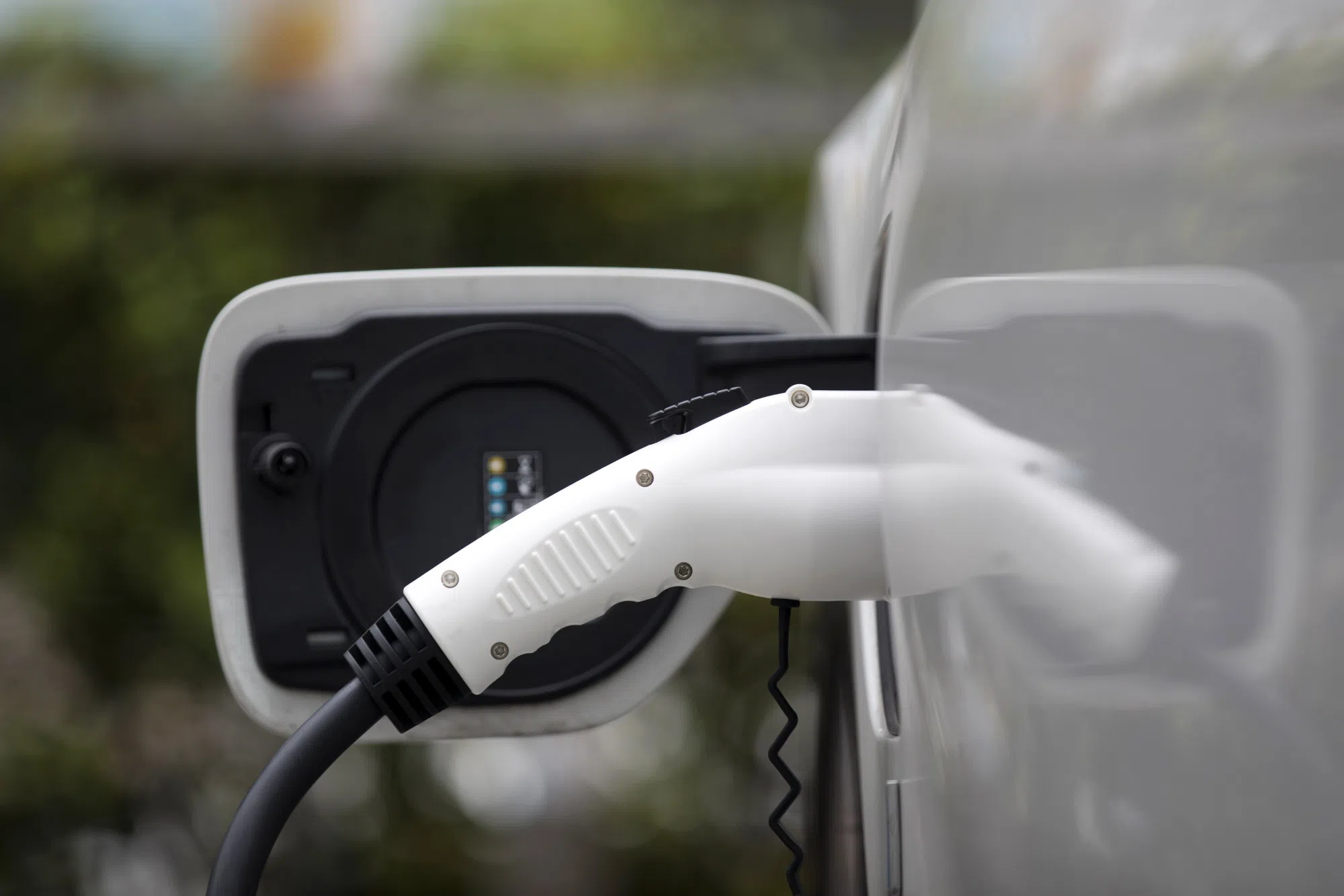Eclipse mania gripped North America on Monday as a breathtaking celestial spectacle captivated tens of millions of people, offering a rare blend of scientific interest, commercial opportunity and daytime partying.
The Moon’s shadow plunged the Pacific coast of Mexico into total darkness at 11:07 am local time (1807 GMT) then swept across the United States at supersonic speed, returning to the ocean over Canada’s Atlantic coast just under an hour-and-a-half after landfall.
Festivals, viewing parties and even mass weddings took place along the eclipse’s “path of totality,” where the Sun’s corona glowed from behind the Moon in a display that left crowds awestruck.
“It was spectacular. I had never witnessed anything like it,” said Paulina Nava, a 36-year-old resident of the beachside Mexican city of Mazatlan.
People “screamed, they applauded, some were taking photos, others were kissing,” she added. President Andres Manuel Lopez Obrador, who traveled to the city, called the event a “very beautiful, unforgettable day.”
Thousands of miles away in downtown Montreal, Canada, office workers spilled out of skyscrapers to snap pictures with their eclipse glasses held to their phones.
“My heart was beating really fast,” said 26-year-old Erica Park.
The path of totality was 115 miles (185 kilometers) wide and home to nearly 32 million Americans, with an additional 150 million living less than 200 miles from the strip, according to NASA, which ran a live webcast throughout.
Hotels and short-term rentals in prime viewing locations were booked solid for months in advance across states including Texas, Arkansas, Ohio and Maine.
In Ingram, Texas, at the Stonehenge II park — a replica of the prehistoric monument in England — eclipse watchers gathered from around the world, undeterred by overcast conditions.
Jeni Lyn Hunter, 57, and her husband Charles Guillory, 60, had traveled from Floresville, Texas. The couple identified as “pagans” and wore Merlin hats.
“It means a lot to me because I have stage four cancer, but I’m not giving up, this is a rebirth of the Sun of life,” Hunter told AFP.
And in Russellville, Arkansas, more than 300 couples reportedly exchanged vows at “A Total Eclipse of the Heart” mass wedding ceremony.
Delta airlines had planned two special flights along the path, while many schools in the zone shut for the day.
Donald Trump, who on Monday released a campaign ad of his head blocking out the Sun, famously ignored all safety advice and gazed directly at the eclipse in 2017 when he was in the White House.
This election year, President Joe Biden made fun of his rival with a social media post saying “Don’t be silly, folks.”
Health professionals likewise urged people to use certified eclipse glasses to prevent permanent retinal injury.
Only those within the totality path could safely remove eye protection for a few precious moments that won’t come around again until the next solar eclipse for much of North America, in 2044.
The eclipse was also a windfall for scientists. NASA launched a trio of sounding rockets before, during and just after the eclipse to measure changes caused by the sudden darkness to the ionosphere, an upper layer of the atmosphere important for long-distance radio communication.
It also offered a golden opportunity to study the Sun’s corona, the outer layer of its atmosphere which is normally hidden by the blinding light of the surface, but has an outsized impact on everything from satellites to power grids.
“There’s a few high clouds but the beauty of the corona is clearly visible,” said NASA heliophysicist Michael Kirk as the eclipse passed through Dallas.
“You can see that spiky structure just poking out — it is heart-stoppingly beautiful,” he added, pointing out the corona was “asymmetrical” as a result of the Sun approaching the peak of its 11-year-cycle.
Startling animal behavior has been noted during past eclipses, such as roosters crowing as they believe it is dawn when the darkness ends.
In humans, eclipses trigger feelings of wonder as we confront our tiny place within the cosmic order. Individuals also exhibit more “prosocial” feelings towards each other in the aftermath of the shared experience.
AFP







